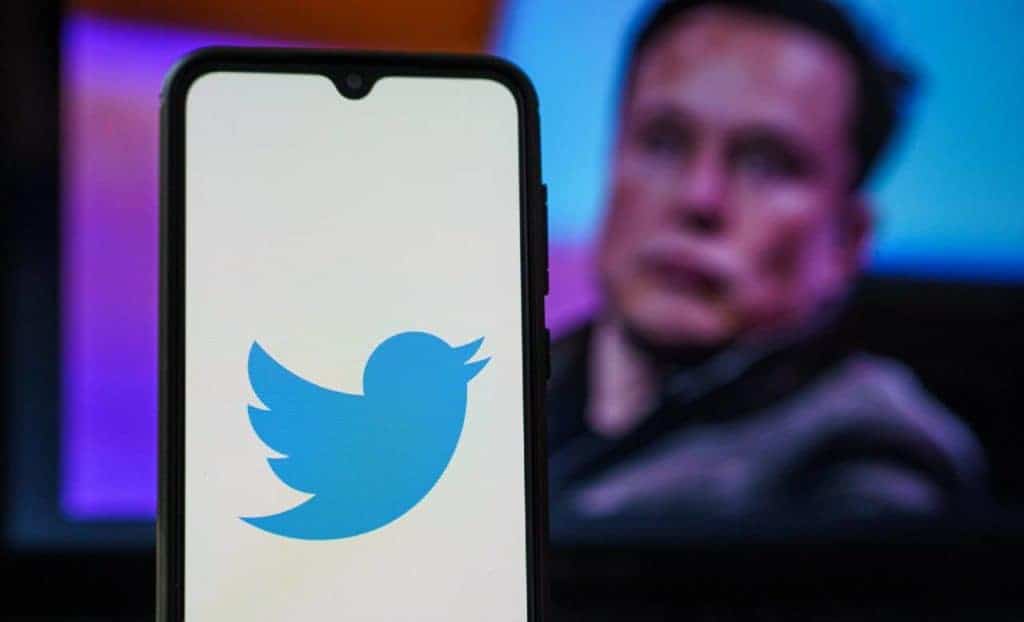Twitter announced that it will ease up its ban on political ads, allowing advocacy groups and elected officials to resume promotions focused on specific causes.

Quick Facts
- Twitter would allow cause-based advertising permitting marketers to share content about political gripes.
- It plans to later stretch to other types of political advertising
- Earlier, the social media giant allowed cause-based advertising with some restrictions which exempted advertisers from using microtargeting to connect to their desired audiences
“We believe cause-based advertising can facilitate a public conversation around important topics,” the company. “Today, we’re relaxing our ads policy for cause-based ads in the US. We also plan to expand the political advertising we permit in the coming weeks.”
Later, Twitter added that it will align its “advertising policy with that of TV and other media outlets.” Through their approach to reviewing and approaching, Twitter intends to protect its users.
Why Did Twitter Ban Political Ads?
In November 2019, Twitter banned certain types of political advertising. Twitter was against politicians using money to promote their message and encouraged gaining followers through free speech.
So they stopped running paid political ads and their decision was strongly supported by the Founder and then-CEO of the company Jack Dorsey who cautioned their usage calling them “problematic,” despite the disruptive effect the prohibition had on Donald Trump’s re-election campaign.
Political advertising has the power to influence votes, which affects a million lives, said Dorsey. Twitter’s decision to ban political ads challenged the policies of Facebook and other major social media platforms that permit elected officials and candidates to endorse.
Before the prohibition, Twitter earned $3 million in revenue from political advertising as the 2018 US midterm elections took place. The 2019 decision outraged conservatives and liberals who remarked that setting such boundaries could disrupt political campaigns and rob advocacy organizations of their right to convey their messages.
Why Did Twitter Revoke the Ban on Political Ads?
After Elon Musk took over Twitter for $44 billion, he clarified that he wanted to relax restrictions imposed on certain content. He disapproved of the company’s approach to censorship so his takeover brought in many changes to the company with little or zero advance notice.
Some of the changes exempted the circulation of government-disapproved content, including Covid false information and the unreasonable ban of prominent journalists citing breach of privacy as the primary reason.
His views on content moderation have prompted many major brands to pull out their ads from the platform causing Twitter’s massive downfall. These brands are afraid of letting their content stand alongside controversial ads, and now, Twitter is witnessing an inevitable drop in revenue.
These advertisers are against Musk’s methods of reviving Twitter, not to mention, his decision to restore previously banned accounts, his attempt to take right-leaning groups into his confidence, and his controversial relationship with conspiracy theories.
To restore its capital, the social media giant is reserving space for political campaigns, an easy way to make money before the 2024 elections. The move clubs Twitter alongside other social media platforms – Facebook from Meta and YouTube from Google – that allow paid political content.
However, ByteDance’s TikTok is an exception, as it continues to restrict political advertising. Twitter still allows cause-based or issue-ads within the premises of economic, environmental, and social topics.
The company further intends to use its US policy for similar cause-based advertisements. Regarding global policies, there are restrictions on such ads covering topics like civic engagement, social equity, and environmental stewardship, which means America is lenient in its methods.
The company didn’t specify any terms characterizing the change, but it encouraged the geo-restriction of cause-based ads on its ads policy page. “Advertisers whose cause-based ads target only within the United States are exempt from the above-listed restrictions,” it shared.
Previously, Twitter’s only rule on cause-based ads prevented advertisers from applying specific target filters to their campaigns.